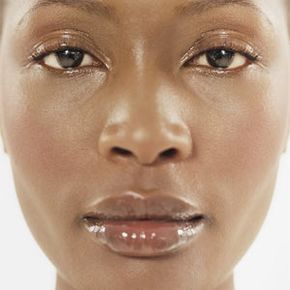Having oily skin is not just a problem for teenagers. People of all ages can struggle with the blemishes and shine that go hand-in-hand with excess oil. For many, oily skin begins in the teen years, when puberty brings changes in the hormonal balance of the body. But while some people say goodbye to their oily skin in adulthood, others are still waiting -- many years past their high school graduation -- for their teenage skin to go away.
Experts link the cause of oily skin to the increased production of hormones, especially during puberty. But fluctuations in hormone levels can change even after puberty. Menstrual cycles, stress and emotional state can influence hormonal changes that contribute to oily skin. In addition to hormones, there is a hereditary component to having oily skin. Some people simply have skin that produces more oil than others [source: Bouchez].
Advertisement
However, the skin's production of oil is not all bad. In fact, it's normal. The oil produced by the sebaceous glands in the skin -- especially on the scalp, face, neck, chest and back -- is an essential component of your skin's health. Oil from the scalp makes hair look glossy and healthy. Oil on the face keeps facial skin, which is generally exposed to the elements more often than other body parts, from losing moisture and becoming dry and dull [sources: DERMADoctor]. But when the skin produces too much oil, problems can arise. Excess oil traps pore-clogging dirt and bacteria, and it causes the face to feel greasy and look shiny.
If you have oily skin, a regular routine of gentle cleansing, moisturizing and sun protection are a must. Choose quality products that will gently remove excess oil, dirt and dead skin cells without stripping or drying out your skin, and your skin will thank you. Read on to make an informed decision about the right skin care regimen for you, and learn about cleansers that are specially formulated for oily skin.
Advertisement

